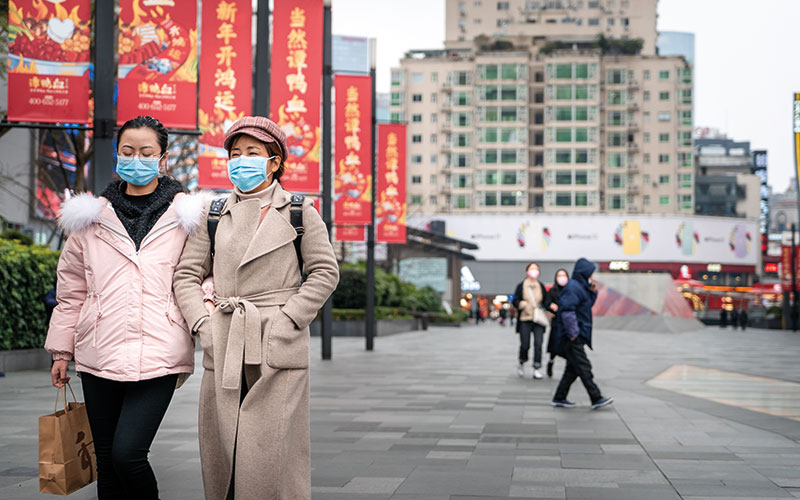Two years after infection with COVID-19, half of patients who were admitted to hospital still have at least one symptom, according to the longest follow-up study to date.

The study followed 1192 participants in China infected with SARS-CoV-2 during the first phase of the pandemic.
While physical and mental health generally improved over time, the analysis suggests that COVID-19 patients still tend to have poorer health than the general population.
This is especially the case for participants with long COVID, who typically still have at least one symptom including fatigue, shortness of breath, and sleep difficulties after two years.
The long-term health impacts of COVID-19 have remained largely unknown, as the longest follow-up studies to date have spanned around one year.
The lack of pre-COVID-19 health status baselines and comparisons with the general population in most studies have also made it difficult to determine how well patients with COVID-19 have recovered.
Lead author Professor Bin Cao said: “Our findings indicate that for a certain proportion of hospitalised COVID-19 survivors, more than two years is needed to recover fully.
“Ongoing follow-up of COVID-19 survivors, particularly those with symptoms of long COVID, is essential to understand the longer course of the illness, as is further exploration of the benefits of rehabilitation programmes for recovery.”
Image credit | Shutterstock




